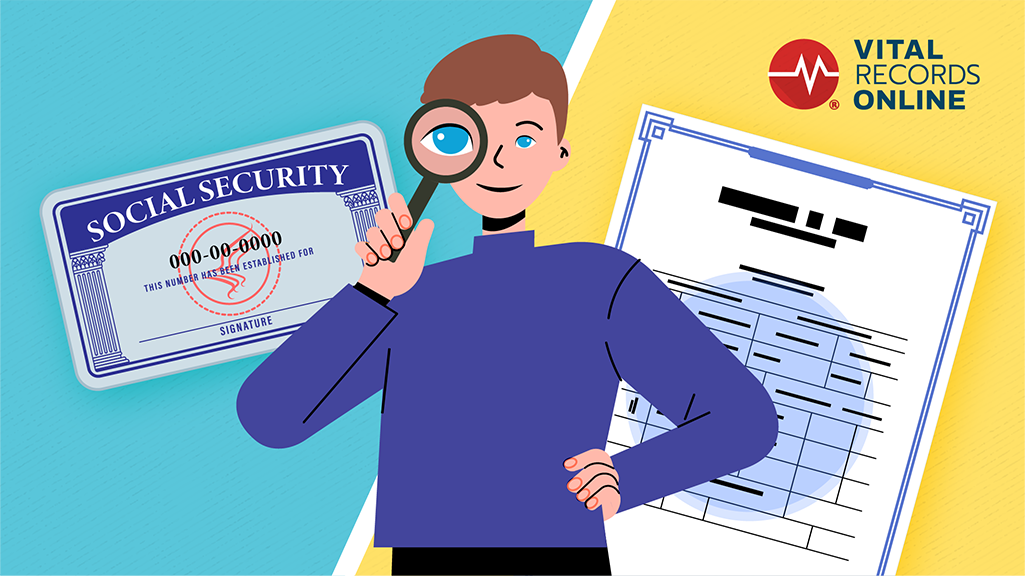No, your social security number is not typically included on your birth certificate. Birth certificates mainly contain information about your birth, such as your name, date and place of birth, parent’s names, and sometimes other details like birth weight and time.
Your SSN is a unique identifier issued by the Social Security Administration (SSA) for taxation and social security purposes. It is not directly related to your birth information and is considered sensitive personal information.
While the Social Security Number (SSN) may have significance for identification purposes, it is typically not routinely recorded on birth certificates. This omission is due to several reasons:
- Privacy Protection: SSNs are sensitive personal information that can be used for identity theft and fraud. Omitting them from birth certificates helps protect individuals’ privacy and reduces the risk of identity theft from an early age.
- Limited Space: Birth certificates have limited space for essential birth information, such as the date and place of birth, parents’ names, and other vital details. Including SSNs would overcrowd the document and make it more cumbersome to read and manage.
- Unrelated Information: SSNs are not directly related to the circumstances of one’s birth. Birth certificates are legal documents designed to record basic birth details, and including SSNs would add extraneous information that is not necessary for the document’s primary purpose.
- Separate Issuance: SSNs are issued separately by the Social Security Administration (SSA) for taxation and social security purposes. They are typically obtained later in life, either when individuals start working or apply for benefits, and are not automatically assigned at birth.
- Legal and Administrative Practices: Standard practices for issuing birth certificates do not include SSNs. Birth certificates are governed by state laws and administrative regulations, which do not require or mandate the inclusion of SSNs on the document.
Where can I find my social security number if it’s not on my birth certificate?
Your social security number is typically issued to you separately by the Social Security Administration (SSA). You will receive a social security card with your SSN printed on it when you apply for it, usually shortly after your birth or later in life when you start working or apply for benefits.
If you don’t have your social security card in hand, you could try one of the following options:
- Social Security Administration (SSA) Documents: If you have misplaced your social security card or need proof of your SSN, you can request documents from the SSA. This may include a replacement card, a benefit statement, or a verification letter that confirms your SSN.
❗ To request a replacement Social Security Card, you can begin by ordering a certified copy of your birth certificate here. The Social Security Administration (SSA) requires this document for processing your card replacement request.
- Tax Documents: Your SSN is used for tax purposes, so you can find it on various tax-related documents. This includes your annual W-2 form from your employer, your tax return forms (e.g., Form 1040), and any correspondence from the Internal Revenue Service (IRS).
- Employment Records: Your employer typically requires your SSN for payroll and tax reporting purposes. You can find your SSN on your pay stubs, employment contracts, or other employment-related documents provided by your employer.
- Financial Institutions: If you have opened bank accounts, obtained loans, or applied for credit cards, your SSN may be included in the account or loan documents provided by the financial institution.
- Government Agencies: Your SSN may be included in various government records and documents, such as driver’s licenses, state identification cards, and passport applications.
- Educational Institutions: If you attended school or university, your SSN may be included in enrollment records, student identification cards, financial aid documents, or transcripts.
Remember to keep your SSN secure and only provide it to trusted entities when necessary to protect your identity and prevent identity theft. If you are unable to locate your SSN or need assistance, you can contact the Social Security Administration for further guidance.





